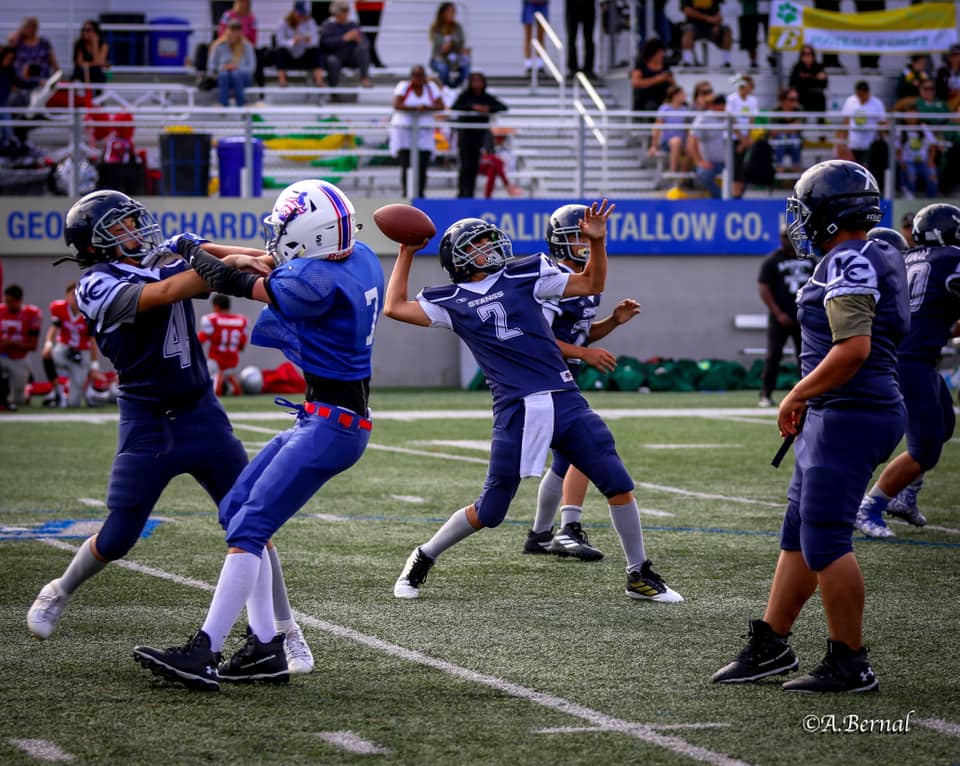

The coach and anyone else can disagree with the call on the field, but that is the call. The players and coaches need to recognize this and react appropriately, knowing that it is fourth down, the clock is running and spiking the ball will result in a turnover on downs. If the game clock has less than 10 seconds left when the referee orders the runoff, the. However, the official on the spot ruled otherwise, immediately signaling that the clock continue running. NFL and NCAA football officials use the 10-second runoff rule to punish teams for committing certain penalties that stop the clock in the final minute of either half - or in the overtime period, in the case of NFL games. When time is running out, give the benefit of the doubt to the offense and stop the clock unless the ball carrier's forward momentum is clearly stopped in bounds.
/cdn.vox-cdn.com/uploads/chorus_image/image/37857448/20140830_tcb_gb3_252.JPG.0.jpg)

The game clock operator will automatically stop the clock following a touchdown, field goal, touchbackor safety after the appro-priate scoring signal has been made. The incompletion signal will stop the game clock. The ruling in this case would be to stop the clock until the ensuing snap. Any game official may signal a time-out therefore, the game clock operator should be alert to stop the game clock. Looking at the video replay from the comfort of our own homes, it appears the receiver is pushed by the defender but goes out of bounds under his own momentum. If the ball carrier's forward momentum is stopped and is going backward, the clock continues to run. If the ball-carrier is going forward or sideways, the clock stops until the following snap. The rule under the NFHS rule book states that for a ball-carrier who is pushed or carried out of bounds: If no one is assigned to these functions, you can offer to do what you can BUT YOUR FIRST RESPONSIBILITY IS TO. That it was too big of a call for him in the moment, insinuating that he thought the receiver was going out of bounds on his own and the clock should have been stopped. In the postgame press conference, the losing team’s head coach said the official “choked” under the pressure. On the ensuing play with the offense in confusion, they spiked the ball on what was actually fourth down, thus turning the ball over to the other team, who could then kneel out the clock. If the team with the ball does score or is forced to give up possession, the offensive and defensive teams switch roles (the offensive team goes on defense and. The sideline official ruled that the offensive player’s forward momentum was stopped while inbounds, so the clock continued to run even though he went out of bounds. If the 40-second clock does not start or the count is interrupted for reasons beyond. The receiver caught the ball and was pushed out of bounds by the defender with the offensive player’s momentum going backward at the time. In a New Jersey playoff game, with time running out, the offense threw a pass toward the sideline to get into field goal range. Make sure to put “Ask the Official” in the subject line. USA Football Rules Editor Bill LeMonnier is a former college referee who currently serves as an ESPN NCAA rules analyst.


 0 kommentar(er)
0 kommentar(er)
